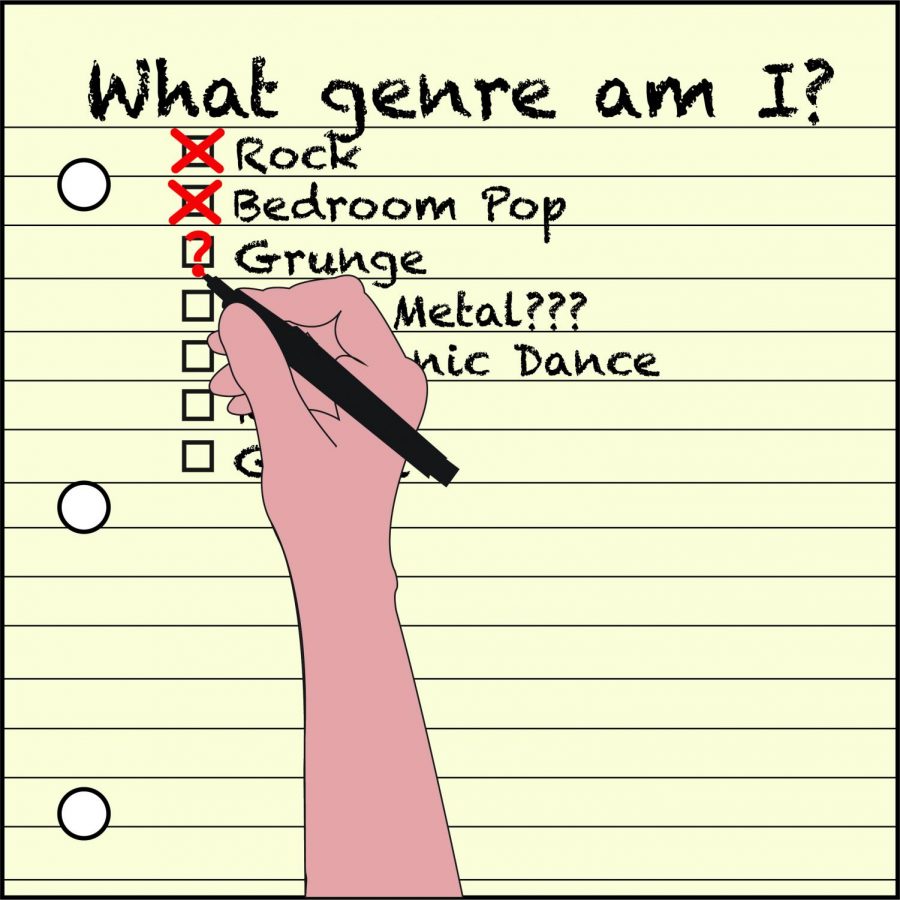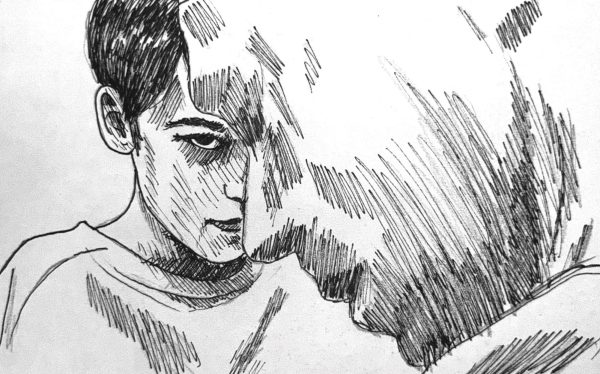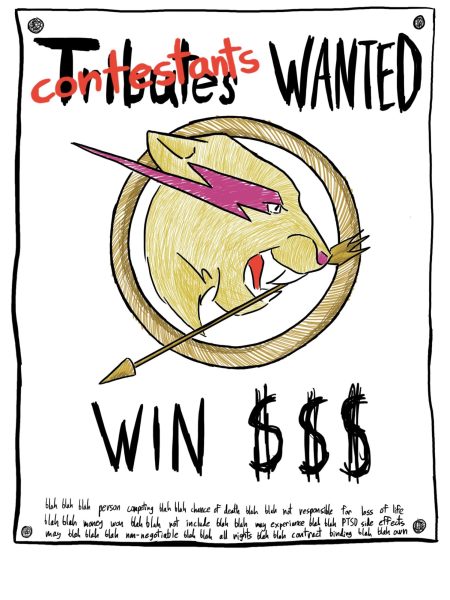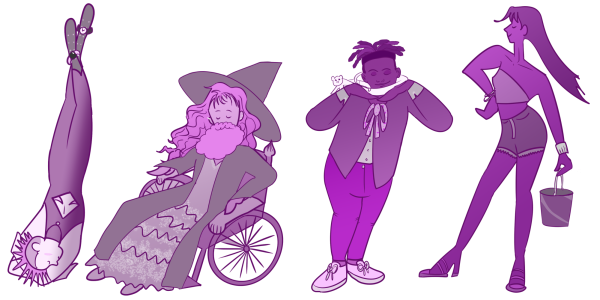Give it a rest: The trouble with classifying music into genres
The traditional labeling of music genres fails to account for all the nuances of music
I have SiriusXM radio in my car, and I am often overwhelmed by the number of channels. SiriusXM satellite radio boasts almost 150 different music channels. There are some broad categories like pop and rock, but even within those two categories, there is great variation. There are six channels listed under pop that are decade-specific, like “‘80s on 8” and “‘50s on 5.” The existence of these decade-specific pop channels signifies that music is not so easily categorized, since the sound of “pop” apparently changes enough in ten years to warrant a completely different channel. Here are some of the channels listed under rock: “The Beatles Channel,” “Bob Marley’s Tuff Gong Radio,” “Phish Radio,” “Sirius XMU— Indie and Beyond” and “Liquid Metal.”
Sometimes, I make it through all my XM presets without finding anything I really want to listen to. This disappointment might say more about me as a music consumer than it does about the music industry as a whole, mainly that I am picky. With the advent of music streaming, we have all become picky listeners, although streaming services’ algorithms try to get us outside of our bubbles.
When nothing on the radio piques my interest, I will choose something from my phone. Sometimes when I’m listening to an album, a little graphic of the album artwork comes up on the screen. Other times (I do not know why), the audio system’s algorithm attempts to classify the album by genre.
For Taylor Swift’s “folklore,” an image of a young woman with a straw cowboy hat and a guitar pops up under the label “Roots.” The same appears for Kacey Musgraves’ album “star-crossed.” My guess is this image appears as a function of both artists’ earlier works. I think this classification raises an interesting question about how we expect an artist to progress or not progress throughout their musical career.
Sometimes we treat musical artists as if their existence revolved around us, the listeners. The development (whether helpful or hurtful is a never-ending argument) of the music industry — particularly large record companies, streaming services, and the internet — aids in fostering this attitude. At this point, genre labels land more like a media conglomerate’s tool to better market music than helpful classifications. We become displeased when artists produce something we do not particularly like or something that diverges from the sounds we fell in love with. I also wonder if the way we guard our favorite artists is also fostered by the increasing political polarization of the U.S., where we learn to find our tribes and forever plant our proverbial flag squarely in one camp. I do think our attitudes towards artists and entertainers, in general, is shifting, perhaps because many have spoken out about the pressures they experience as creators. We forget that musical artists are human and that growth and change are an unavoidable part of the human experience.
Sometimes, the graphics are inconsistent for a single artist. Among Natalie Imbruglia’s first three albums (“Left of the Middle,” “White Lillies Island,” “Counting Down the Days”), “Counting Down the Days” receives the “Rock” graphic while the others display the album artwork. Her later albums (even her most recent “Firebird”) are listed as “Pop.” This category appears as a young white woman seemingly mid-karaoke, an image riddled with stereotypes of popular music. Again, I think of the ways the traditional labeling system fails to account for all the nuances of music.
Perhaps this classification dilemma is more personal when someone asks, “What kind of music do you like?” It has become easier to answer with artists’ names than to give standard genre names. Maybe this increased focus on specific artists is why the breadth of the Austin City Limits 2021 lineup appealed to so many, along with the cultural movement to dismantle conventional labels. There are some artists and bands who fit squarely in traditional genre outlines: perhaps pop-punk, Vans Warped Tour bands like Blink-182 and The All-American Rejects, or electronic musicians like Skrillex and deadmau5 could be used as examples. But overall, music genre labels feel like an extension of humanity’s desire to neatly organize things and avoid the middle ground, the grey, and the dissonance in-between.

My name is Ayden Smith and I am a junior studying English here at Trinity. I am from Friendswood, Texas, and grew up coming to San Antonio for little vacations....





